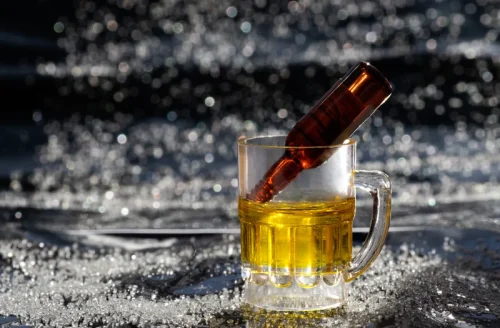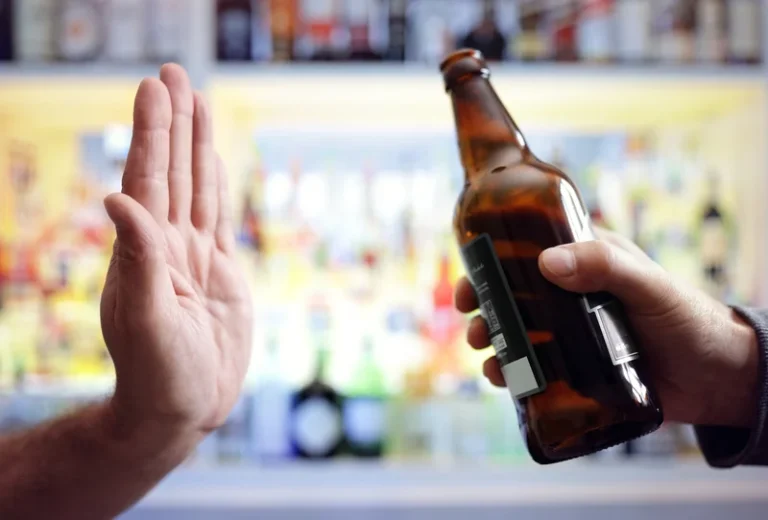
Remember, the healthier your liver is, the faster it will process alcohol and help you reach sobriety. While the body works on metabolising alcohol, it suffers from dehydration. You must increase your water intake after drinking too much alcohol to rehydrate.
More on Substance Abuse and Addiction

Factors like age, gender, weight, genetics, and overall health can affect how quickly the body metabolizes alcohol. Additionally, food intake, hydration levels, and medication usage can impact alcohol processing. Our approach combines medication-assisted treatment with personalized coaching to provide comprehensive support throughout your journey. To take the first step towards a healthier, alcohol-free life, schedule an appointment with us today or give us a call. Our dedicated team members are ready to assist you on your path to recovery. If you or a loved one is grappling with alcohol dependence and facing challenges in quitting drinking, reaching out for support is essential.
Downsides To Exercising After Alcohol Consumption

Alcohol-induced dehydration can cause unpleasant side effects such as drowsiness and headache. Your liver metabolises and eliminates 95% of the alcohol you consume. After regaining physical and emotional stability, your recovery programme begins. When it is time to leave rehab, our continuing care helps ensure that you stay on track with the relapse prevention plan developed during your stay.
Where to Detox
While it may not speed up flushing alcohol out of your system, exercising does have benefits for people who have been drinking. Physical activity can help increase blood flow and oxygenation, which can help with alertness, as well as reducing stress, anxiety, and hangovers. When you’re ready to quit or reduce the harm alcohol is causing to your health and life, there are many resources to help.


The acetaldehyde is broken down into acetic acid and then further broken down into carbon dioxide and water. Most of the alcohol you consume is metabolized in the liver, but about 5% of the alcohol you drink is excreted by the body through sweat, breath, urine, feces, and saliva. While these techniques create the illusion of sobriety, they have no effect on BAC. Although eating before a night of drinking will slow down alcohol absorption, it will not keep you sober as you continue to drink. Eating after a few drinks will not reduce your level of intoxication because food does not have an effect on alcohol that has already been absorbed into the bloodstream.
What Foods and Drinks Help Flush Alcohol Out of Your System?
How long does it take to reset your body from alcohol Typically, after an individual stops drinking, their withdrawal symptoms will subside after about four to five days after their last drink. However, the timeline for detox depends on factors like how much a person used to drink, how long they’ve been drinking, etc. These side effects can be life threatening and require emergency medical intervention. The metabolism of alcohol has been studied in detail, but many factors determine how long alcohol shows up on a drug test and how long it takes to be eliminated from your body. Depending on the type of test used https://ecosoberhouse.com/article/alcohol-relapse-signs-symptoms-stages-stats/ as well as your age, body mass, genetics, sex, and overall health, alcohol is detectable from 10 hours to 90 days. You also may not have the option of using medication to make the process easier.
Factors like metabolic rate, body composition, and alcohol tolerance also play a role. Sleep is crucial as it allows the body to focus on metabolizing alcohol without interference from additional alcohol consumption. The process of metabolizing alcohol is more complex than many might think. When you consume alcohol, it enters your bloodstream and affects every part of your body.
Refilling medications
- For some, this can mean being more talkative or very friendly, and others may begin to behave with anger or aggression.
- Similarly, people with anxiety who drink heavily may experience stressful emotions that can cause a change in the stomach’s enzymes, which affects how a person breaks down alcohol.
- Individuals with more body fat generally have a higher BAC because low-water fatty tissue cannot absorb alcohol as well as high-water muscle tissue can.
- When combined with counseling, this approach is proven highly effective.
- Alcohol is soluble in water, which allows it to spread throughout the body’s fluid compartments.
The minute you take in and drink alcohol, the metabolization process starts. How long this will take depends on the amount you drank and your current state of health. Alcohol is a toxin, so your body prioritizes breaking it down to eliminate it quickly. The liver produces enzymes like alcohol dehydrogenase to how to flush alcohol out of your system convert alcohol into acetaldehyde and then into acetate.
